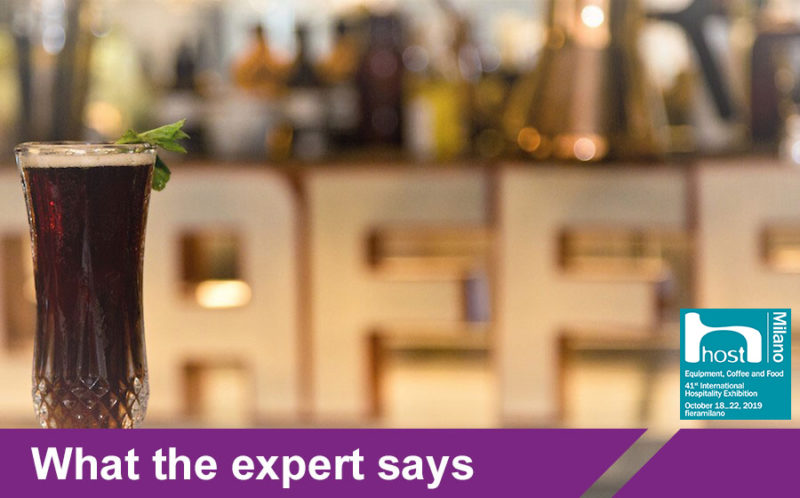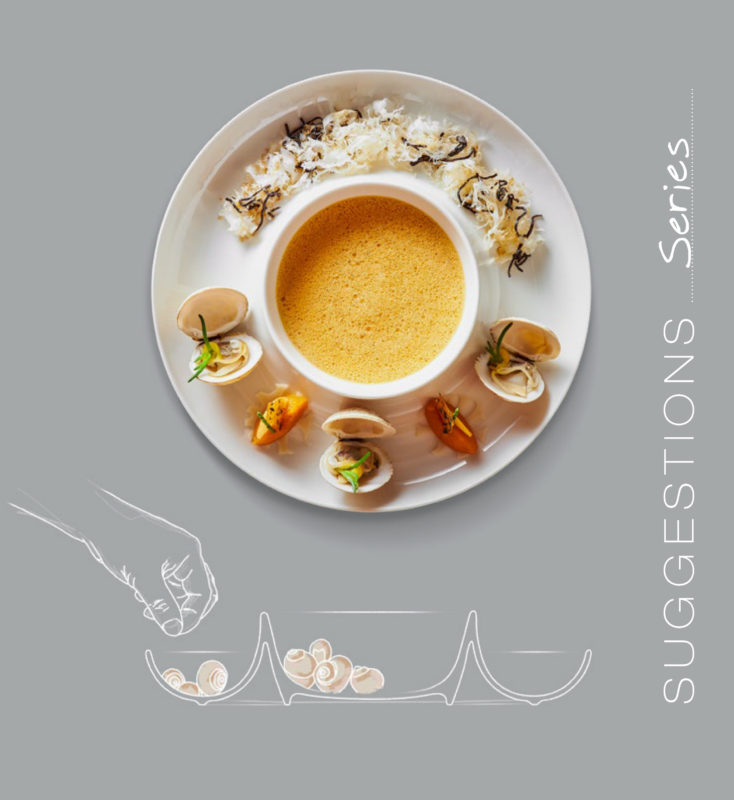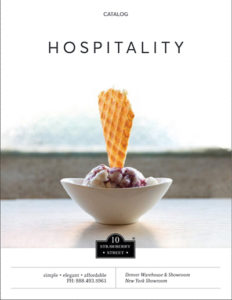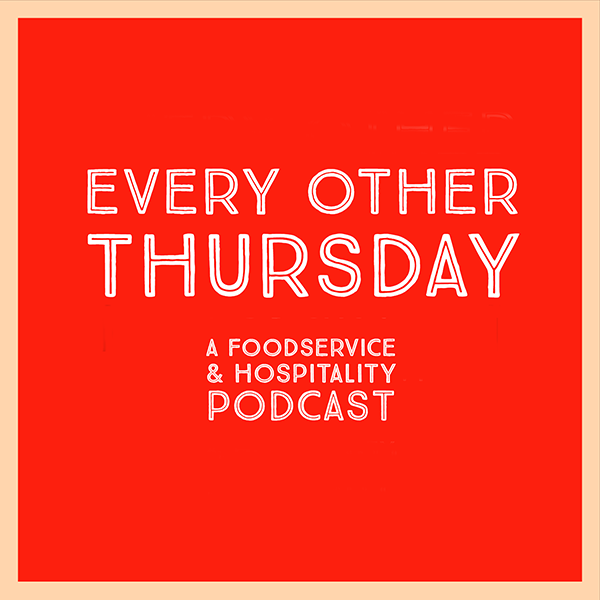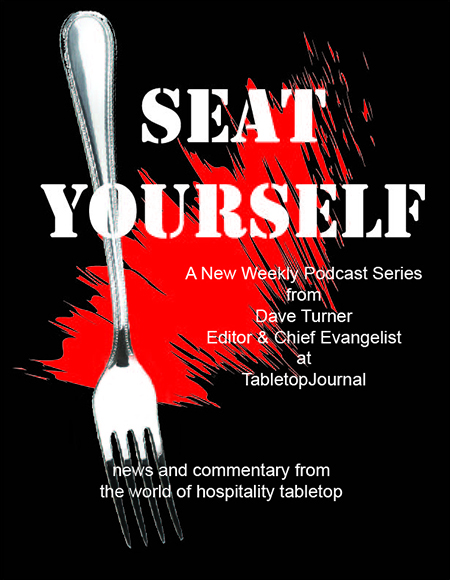Looking for the newest trends in hospitality? Trying to stay ahead of the seemingly never-ending growth in coffee? Then, be sure to make plans for attending Host 2019 in Milan where the world’s experts will be showcasing and discussing all the hottest ideas and trends. Speaking of experts, Host recently sat down with Gianmarco Grassini to discuss how coffee is now finding its way into the cocktail scene.
Here’s what he had to say…..
Mixologist and barista Gianmarco Grassini, who often uses coffee in his cocktails, was at HostMilano 2017. We met him in his home city of Florence and asked him to enlighten us on how he uses this very special ingredient in his mixer drinks.
What kind of ingredient is coffee in mixology?
First of all it’s important to realize that the beans themselves are more carefully researched and selected now. They are no longer just some dark, flavorless roasted beans from Colombia: we now have at our disposal a much wider choice of aromatic profiles, and the elements and ingredients used are designed to be a part of the aroma, so there are plenty of variables to play with.
Can you give us some examples?
The Aeropress technique is used to extract the coffee with alcohol, immersing it immediately. You can also take an ultra-traditional recipe, playing with the syrup ingredient and using a single-origin coffee that is a bit special, with an aroma that is slightly acidic, and though that might seem ‘wrong’, it is actually done deliberately to extract particular aromas.
What do you mean?
With an Ethiopian or African single-origin, for example, I can focus particularly on the acidity and achieve an interesting effect that balances the drink I’m making. Or I can choose one of another origin to bring out a bitter flavor, because that’s the flavor I need in that case.
So, the same bean can be used to bring out different things?
Yes, indeed. If I extract it a second or two earlier, I’ll get more acidity, but if I want a softer effect I’ll leave it a few seconds longer so that the sugars bring out a sweeter note. The most substantial differences are seen with espresso, because there’s greater pressure than with other extraction methods.
You then take these various extractions and infuse them directly in alcohol, or even extract the alcohol hot. In a mocha for example. A Campari barman infused it with vermouth instead of water and then also experimented with a Negroni using the ingredients he happened to have. There are thousands of variations, and so many products.
Are some extraction types more suited to mixology than others?
You can do all sorts of things. But if you change one thing you have to balance it out somewhere else so that you don’t ruin a recipe but bring a new twist to it. You’d adjust a more full-bodied type of extraction with alcohol that is slightly less strong, and for a lighter extraction you’d use a stronger type of alcohol. To get that fuller-bodied quality you use an espresso or mocha, for a more delicate texture you use a filter or even a cold brew, but you can in fact use all types of extraction in mixology. And coffees of all origins.
Are you also a barista?
Yes. I started out as a barista, before switching to the ‘dark side’ of the night. I’m lucky in that I’ve seen both sides of the coin, it’s much easier to work with coffee if you know it. Someone who’s just a bartender would probably find it harder to work with aromatic profiles and extractions than a barista.
Do you start with coffee when you’re making a cocktail?
Yes, you tend to choose the coffee first. The selection is also made in accordance with the seasons. Right now we are working on a new set for the winter season, and we will be getting coffees of new origins that are rotated in line with crop harvests. I like to have a couple of coffees that run for the whole season, and that helps to achieve consistent results. The thing is, the coffee has to be fresh, and when the time comes to change it you need another idea to develop for that base. It’s like seasonal fruit and vegetables.
Do customers ask for coffee-based cocktails or do you suggest them?
It’s very much a work in progress. Interesting recipes can attract interest even among those who don’t like drinking coffee in the evening: a good drink that is not too strong and with just a hint of coffee can prove to be quite pleasant.
So, if coffee is such an extremely complex ingredient, is it really worth working on it?
The research you do into the product is what makes it so good. I know that if a product isn’t fresh it needs to be changed and adapted. What I do is like being in the kitchen now. There are home-made syrups, special infusions and techniques borrowed from pastry making that are now crossing over into mixology. I love it. You are always developing and I find it a very stimulating way of working.
Make plans now to attend Host 2019 in Milan during October 18-22, 2019. For more information, go here: http://host.fieramilano.it/en
Photo: Nicolas Villagra Lopez

